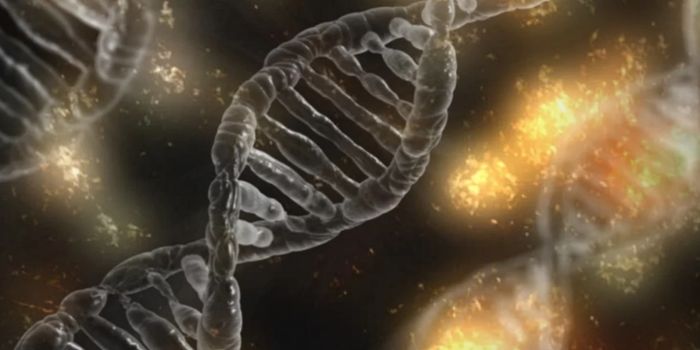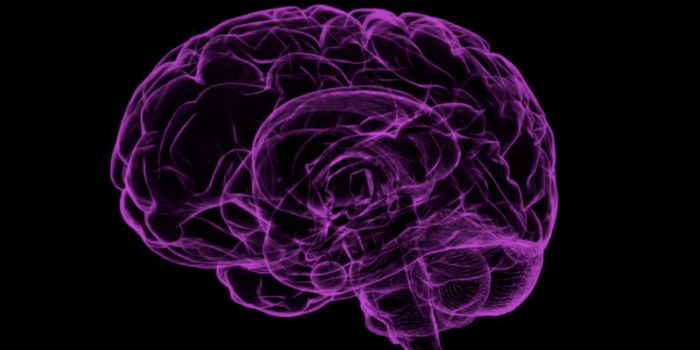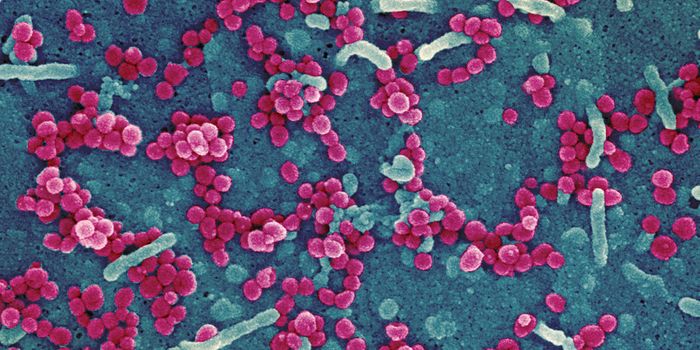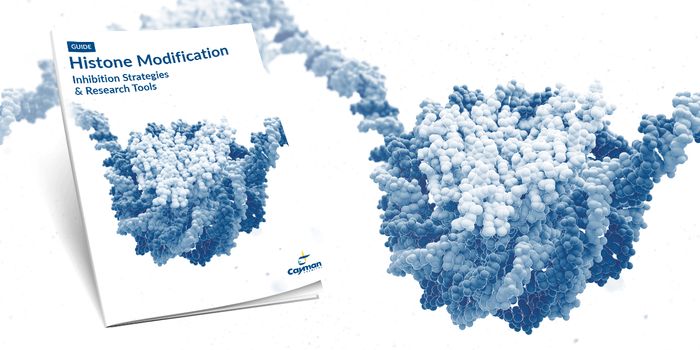Epigenetics Used to Determine the Age of Dolphins
Until recently, testing the age of dolphin involved extract a tooth, sawing it in half, and then counting the layers within like rings in a tree. An expensive and complicated process, researchers at Florida International University have developed a new way to determine how old dolphins are by analyzing a small skin sample.
Known as Bottlenose Dolphin Epigenetic Age Estimation Tool (BEAT), the aging method works by analyzing two genes- and their epigenetic methylation patterns, to identify the age of the dolphins. Noninvasive unlike previous methods, the researchers initially collected around 50 DNA samples from dolphins at the Mote Marine Laboratory in Sarasota, together with their known ages, and began to look for correlations between certain genes the ages of the dolphins until they found the two genes currently used in the process (Beal: 2019).
Exciting news, the researchers hope that BEAT will be able to help them better determine the health of dolphin populations. According to Jose Eirin-Lopez, the lead of the study, “If there are a lot of older individuals, it will impact the population and their chance for survival...At the same time, if there are a lot of young individuals, they are more susceptible to predators. A more even distribution of different ages means the population will be more effective."
Jeremy Kiszka, a marine biologist, said of the tool: “With a simple biopsy I can have something that I have needed for years in my research to better understand how a dolphin's diet changes with age and how age affects pollutant levels in their tissue (Nicoletti: 2019)."
The researchers current aim is to use the tool to determine the ages of a population of dolphins in Naples, Florida, whose ages are otherwise unknown. Aside from this, they are also exploring ways to expand the tool’s capabilities to be able to test other marine animals. Sharks are of particular interest, given that currently, the only way to find out their age is to study their dead remains.
According to Andria Beal, a Ph.D. student involved in the study, “I'm currently working on a proposal to get the funding to do this work with sharks," Beal said. "It's going to be a huge undertaking and more exploratory and we're going to essentially start the process from scratch, because we don't know what genes correlate with age and don't have a reference point (ibid.).”
Sources:
Nicoletti, Angela: Phys.org
Beal, Andria et al.: Frontiers in Marine Science









